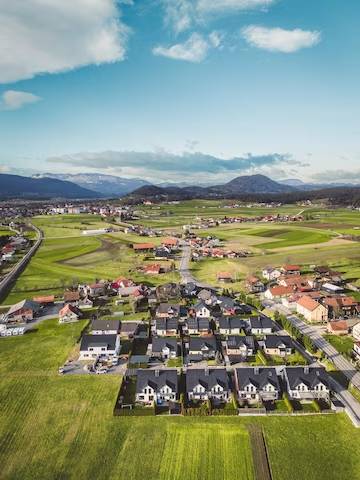- info@myadvisorz.com
- +91 7349408172
Residential land's
Purchasing residential plots is not the same as investing any in the land.
The type of land you invest in, however, has a big impact on your return on investment.
Investing in open plots isn’t a new trend, it’s something that has and will exist for a long time.
One of the most common issues that all investors have is whether residential or non-residential land delivers a better return on investment.
Residential Plots,
Residential land as any building used primarily or planned to be utilized for owner-occupied residence or tenant accommodation.
To qualify as residential property, single-family housing and multi-family units can be built on residential plots.
The local development authority or the department of town and rural planning will zone a piece of land for residential use.
However, you can utilize it for other types of investments, such as generating rental income and, in some cases, commercial or agricultural objectives.
To purchase land, you must first establish a stamp paper agreement with the seller.
Details such as these should be included in the agreement:
- The land’s agreed-upon price
- Information about the advance deposit
- In the event that one of the parties fails to complete the sale, the following steps will be done.
- The specifics of the property, such as its size and location
- The next stage is to register the land after the agreement is completed.
- You must gather the necessary documentation and register with the Sub-registrar of Assurances after paying a registration cost that varies by state.
- The essential paperwork differs from one state to the next.
The final step is to have the property title transformed from the old owner to the new one in the local administrations or municipal authorities’ land and revenue records.
Residential plots are typically utilized to construct a single-family housing unit or a multifamily condominium or apartment development.
Get In Touch


